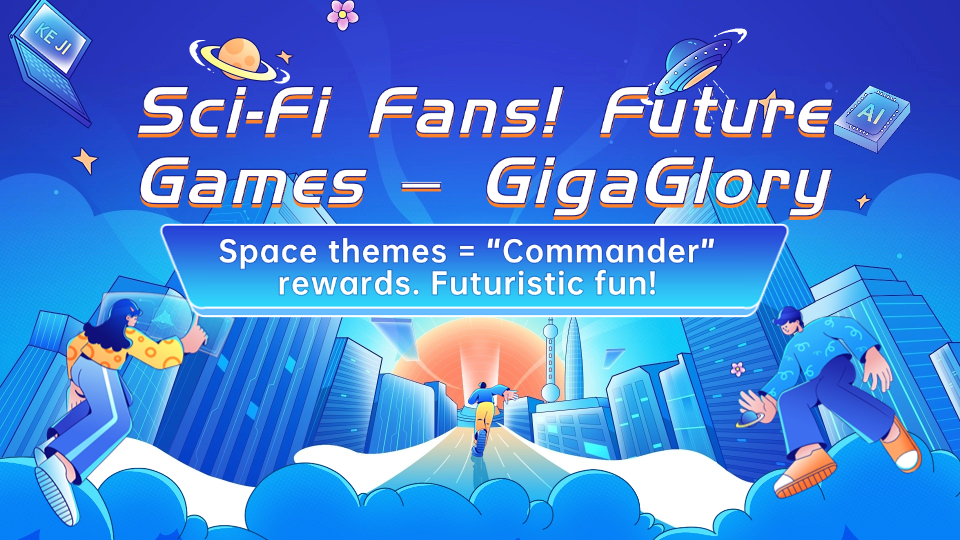Exploring MMORPGs: How Open World Games Redefine Immersive Gaming Experiences
In the vast landscape of video games, MMORPGs (Massively Multiplayer Online Role-Playing Games) stand out for their ability to draw players into expansive virtual worlds. Among these, open world games play a crucial role in transforming how we interact with gaming ecosystems. This article delves into different aspects of MMORPGs and examines how they push the boundaries of immersion in gaming.
The Appeal of MMORPGs
MMORPGs have captivated millions worldwide due to their unique blend of storytelling, exploration, and social interaction. The freedom they offer allows players to create their own narratives. Here are some reasons why MMORPGs are so popular:
- Community Building: Players forge friendships, join guilds, and create alliances.
- Character Customization: Extensive character creation options provide a personal touch.
- Endless Exploration: Open worlds encourage players to traverse vast landscapes and discover hidden gems.
- Dynamic Content: Regular updates and events keep gameplay fresh and engaging.
Open World Games: Pushing the Boundaries
Open world games redefine the essence of MMORPGs. Unlike linear narratives, these games allow players to dictate their pace and journey. Players can engage in quests, explore dungeons, or simply interact with the environment. This structure enhances the immersive experience, making players feel part of a living world.
Key Features of Open World MMORPGs
What sets open world MMORPGs apart from traditional games? Here are some defining characteristics:
- Freedom of Movement: Players can roam freely without being pressed by a fixed storyline.
- Interactive Environments: The world is filled with NPCs (Non-Player Characters), wildlife, and interactive objects.
- Quests and Side Missions: Numerous quests, from main campaigns to side missions, provide various gameplay experiences.
- Player-Driven Economy: Players often participate in trade, crafting, and market systems.
The Role of Character Development in MMORPGs
Character progression is a critical aspect of MMORPGs. Players can enhance skills, gather loot, and level up, creating a sense of achievement. The journey of developing one's character can be fulfilling and serves as a significant motivator for continued gameplay.
| Character Class | Strengths | Weaknesses |
|---|---|---|
| Warrior | High Damage, Strong Defense | Slow Speed |
| Mage | Range, AoE Damage | Low Defense |
| Rogue | Stealth, High Crit Damage | Low Health |
Immersion through Community Interaction
Communication is vital in MMORPGs. Players often collaborate in teams, creating a social environment that enhances immersion. Events, PvP (Player versus Player) battles, and guild activities help forge bonds among players, making the experience multifaceted and engaging.
Trends and Innovations in MMORPGs
The landscape of MMORPGs is constantly evolving. Recent trends include:
- Virtual Reality: Some MMORPGs are experimenting with VR technology to enhance immersion.
- Cross-Platform Play: Connecting players across different platforms allows for a larger community.
- Mobile Adaptations: Mobile versions of popular MMORPGs are emerging, attracting new audiences.
Conclusion
As we explore the world of MMORPGs, it's evident that open world games significantly shape immersive gaming experiences. From their distinctive features to the endless opportunities for social interaction, they create environments where players can lose themselves in adventure. As technology continues to advance, we can expect even more exciting developments that will redefine the genre further.



